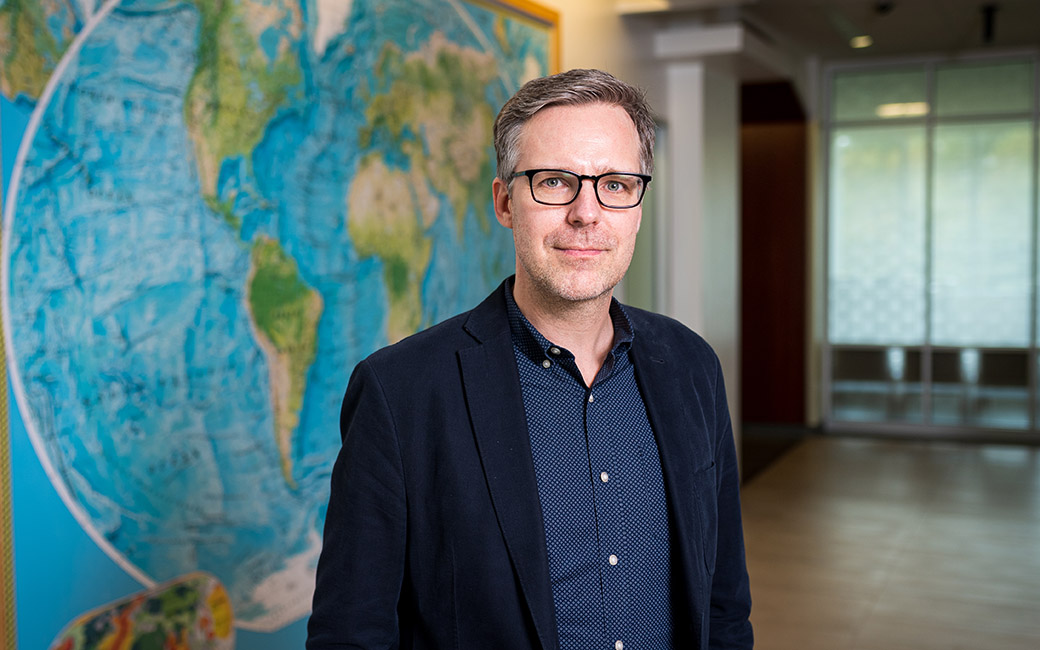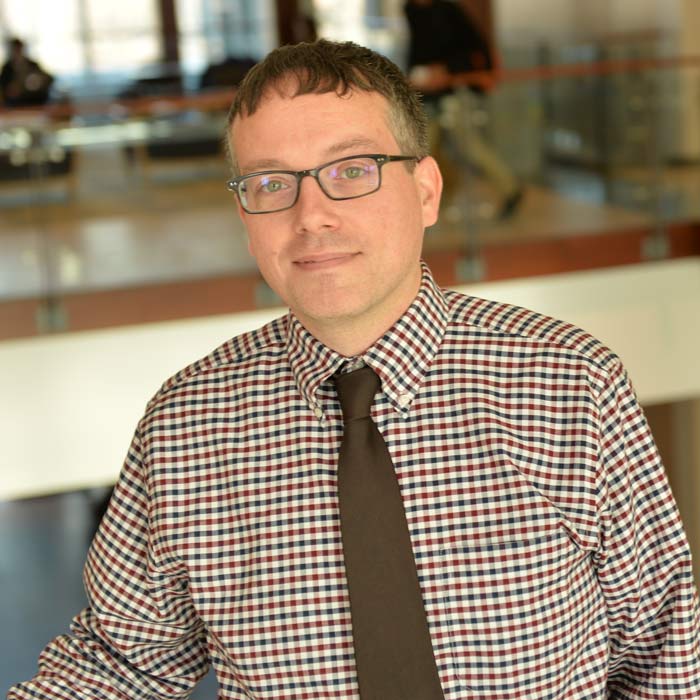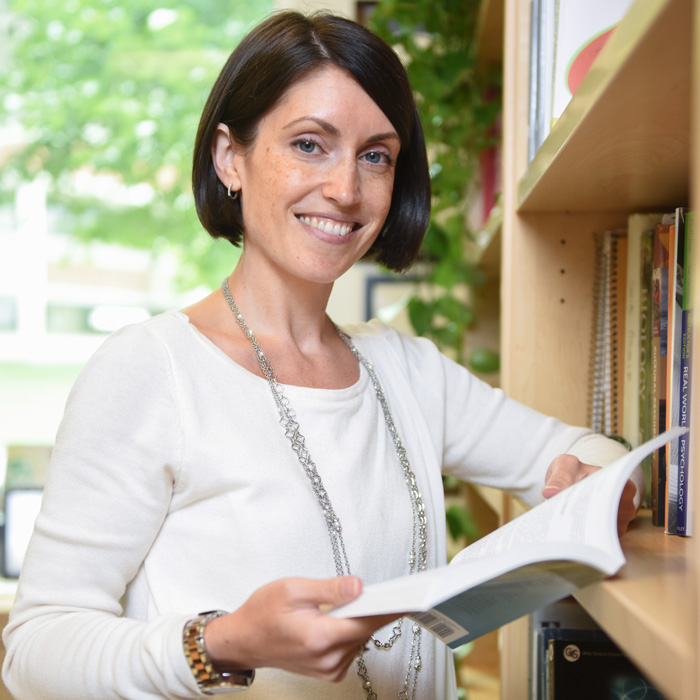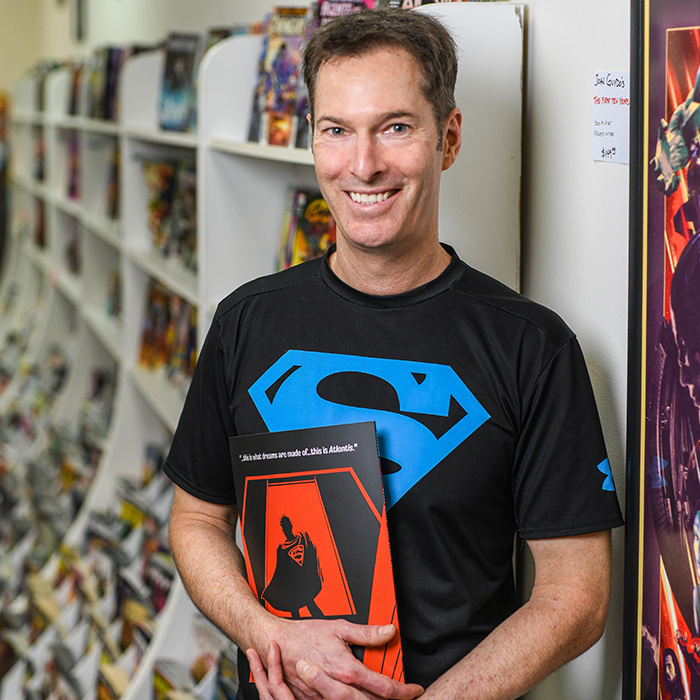Why Study History?
As a history major at Towson you will develop skills that will help prepare you for just about any career you can imagine.
Marcio Siwi’s interest in urban history was sparked by his experience living in some of the world’s largest cities, including New York and his native city of São Paulo, Brazil.

Assistant professor Marcio Siwi was particularly taken by the deep disparities he witnessed first-hand; sleek modernist skyscrapers towered over rundown residences. After joining TU in 2019 as an assistant professor in the Department of History, Siwi began teaching courses focused on Latin America and urban studies. “I look at cities as sites of opportunity and creativity, but also as sites of tension and contestation, where diverse groups with competing commitments and agendas struggle for a sense of belonging.”
“Very little in cities happens ‘just because,’” he adds. “A street, building, or neighborhood is designed for a particular reason, and students come to understand how urban planning affects us all.” Siwi engages students with a curated selection of letters, newspapers and novels corresponding to course content. For more recent history, audio visuals, including podcasts, movies, and documentaries, are included.
“ Very little in cities happens ‘just because.’ A street, building, or neighborhood is designed for a particular reason, and students come to understand how urban planning affects us all. ”
Siwi’s research complements his courses in Latin American History and Metropolitan Studies, in which he explores efforts to transform São Paulo into a global city after World War II. “Cities compete with one another for capital, attention, tourism and attracting international corporations,” describes Siwi.
Leaders of São Paulo partnered with counterparts in New York to guide development of its art museums, architecture and urban plans. His research examines the consequences that emerge when elite visions of the city and urban life clash with those of the urban working poor.
“ My students begin to understand cities in a more nuanced way and engage in more critical thinking about urban development. ”
Since joining TU, Siwi’s work has been recognized with a project development grant from the American Council of Learned Societies; a summer research stipend from TU’s College of Liberal Arts; a grant from the National Endowment for the Humanities; and he was recently elected to the Board of Directors of the Global Urban History Project (GUHP).

Professor John McTague believes his students learn best when they are personally connected to the material.
More about Prof. McTague
Professor Sandra Llera’s research could have a profound impact on the treatment of anxiety disorders.
More about Prof. Llera
Professor Michael Elliott’s fascination with nerd culture inspires his teaching and research.
More about Prof. Elliott